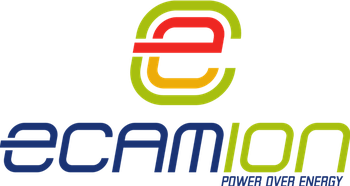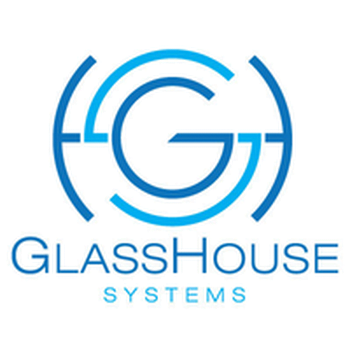SmartDelta Use-Cases

UC1: Quality in agile model-based system and product line engineering (Alstom)
Description to be updated!
UC2: Charging communication controller software for electrical vehicles (AKKA)
Description to be updated!


UC3: High quality and cybersecure software in deployable energy hubs (eCAMION)
Description to be updated!
UC4: AI-based fault and performance analysis in cloud communication services (NetRD)
Description to be updated!


UC5: Continuous improvement of code quality, security, and performance in core banking software (Kuveyt Turk Bank)
Description to be updated!
UC6: Continuous security and quality improvement in enterprise software (Software AG)
Description to be updated!


UC7: Continuous quality monitoring & improvement in automated traffic detection software (c.c.com)
Description to be updated!
UC8: Continuous improvement of cybersecurity solutions (Glasshouse)
Description to be updated!

Partners
These industrial use-cases are from SmartDelta Partners, representing eight different industries!